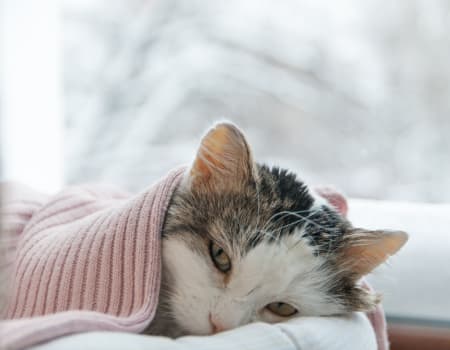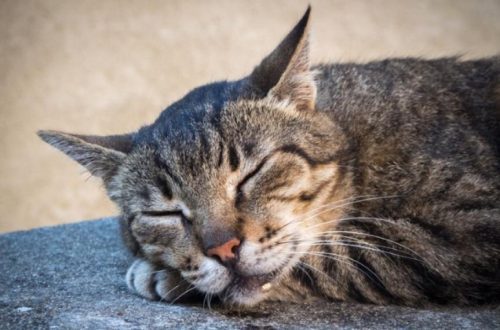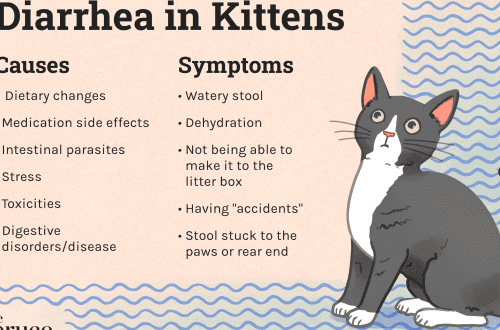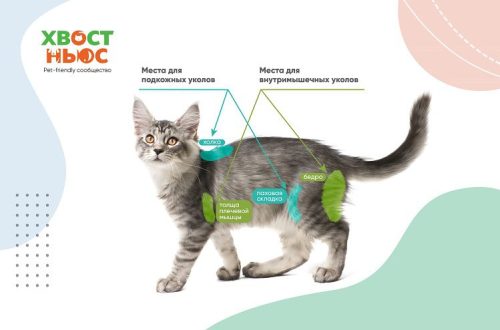
Katuek gripea edo katarroa har dezakete?
When cold and flu season is in full swing, you put in a lot of effort to keep yourself from getting sick. But what about your cat? Can she get cat flu? Can a cat catch a cold?
Can we infect each other?
If you have the flu or a cold, don’t worry too much about infecting your pet. There are documented cases of pet owners transmitting the H1N1 virus to their pet cats, the Smithsonian notes, and cats can transmit it to humans; however, these cases are very rare. In 2009, when the H1N1 virus (also known as “swine flu”) was considered an epidemic in the United States, there was cause for concern because H1N1 was transmitted from animals (in this case, pigs) and infected people.
The nature of the virus
Cats can get the flu, as well as an upper respiratory infection caused by one of two viruses: feline herpesvirus or feline calicivirus. Cats of all ages can get sick, but young and old cats are especially vulnerable because their immune systems are not as strong as cats in their prime.
Pets can pick up the virus when they come into direct contact with an infected cat or virus particles, explains VCA Animal Hospitals, adding: “The virus is transmitted through saliva and is also excreted from the eyes and nose of an infected cat.” Therefore, it is important to keep your cat away from other animals if they are sick.
If your pet has the flu or an upper respiratory infection, the virus can linger for a long time, Love That Pet warns: “Unfortunately, cats that recover from cat flu can become temporary or permanent carriers of the virus. This means that they can spread the virus around them, even if they themselves are no longer sick.” If your cat has once contracted the flu, keep an eye out for recurring symptoms.
What are the symptoms of a cold in a cat? If you think your cat has the flu, you should look out for the following:
letargia,
Eztula,
doministiku egiten,
Runny nose,
elevated temperature,
Loss of appetite and refusal to drink
Discharge from eyes and/or nose
Labored breathing,
Call your veterinarian right away and be prepared to take your furry baby for an examination.
Tratamendua eta prebentzioa
Vaccination and regular revaccination of the cat will keep her healthy and help prevent disease. Another key factor is germ protection: wash your hands thoroughly and often (and ask others to do the same); disinfect any contaminated areas, such as bedding, clothing, and towels; and avoid contact with any person (and any animal) who may be sick.
Animals can contract diseases from other animals, so it’s important to keep your healthy cat separate from sick animals. Discharge from the eyes and ears and saliva are the most common ways for animals to spread microorganisms, so feed and water them in different places.
As noted, if you suspect the flu or a cold, contact your veterinarian immediately. According to PetMD, “There is no cure for the flu, and treatment is symptomatic. Regular grooming may be required to clear discharge from the eyes and nose and keep them clean.” Possible treatments include antibiotics and plenty of fluids to prevent dehydration. Your veterinarian will give you a detailed treatment plan.
Your kitty will need a lot of love and care during her recovery, and she will gladly do the same for you if you get sick. This may not be easy if you are also sick, but once you are both healthy, you will gladly hug each other.





